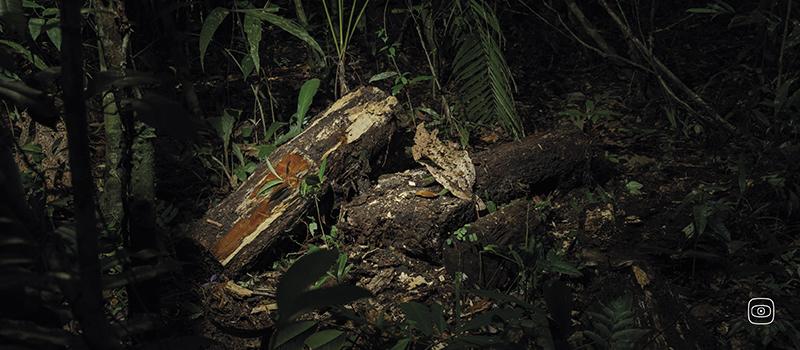After the dust settled on COP-30 in Belém, Brazil, members of the Brazilian environmental agency IBAMA flew halfway across the globe to Samarkand, Uzbekistan, to confront another ecological battle—this time far from the spotlight.
The occasion was the CITES COP-20, a meeting of the UN-backed Convention on International Trade in Endangered Species, which regulates the exploitation and trade of protected wildlife. At this summit, Brazil's federal environmental agency, IBAMA, is set to advance a proposal with both symbolic and ecological significance: granting the highest level of protection to pau-brasil, the red-colored tree that gave Brazil its name.
A “king tree” of the largely vanished Atlantic Forest, pau-brasil—also known as pernambuco or brazilwood—plays a crucial role beyond conservation. Its dense, resonant wood is a prized material for crafting bows used to play violins, cellos, and double basses, making it indispensable to the world of classical music. The supply chain of pau-brasil links the Brazilian forest with luthiers' workshops in Europe, and globally.
In Uzbekistan, what is at stake is the very future of this species. While Brazilian authorities advocate for stricter protections, this investigation uncovers how a coalition of timber traders and representatives from the musical instrument industry has been lobbying governments in Europe and worldwide to reject the proposal or to water down existing measures. Their argument: granting “excessive” protection could threaten the centuries-old traditions of classical music.



